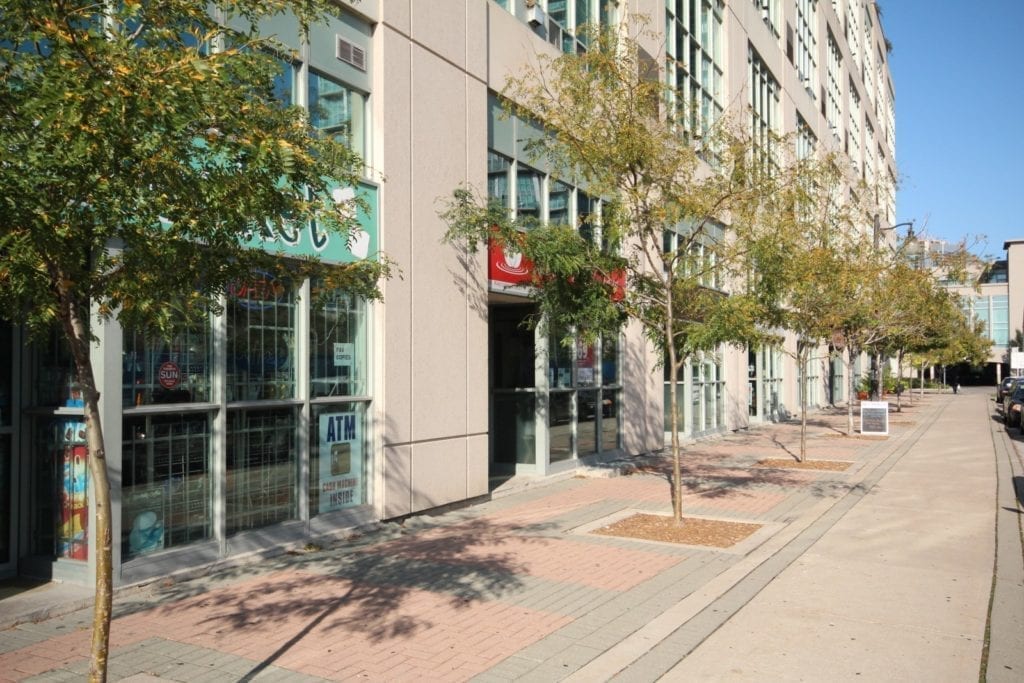
Choosing the Right Investment Property
The purchase of investment properties is a low-risk, high-return investment strategy that has proven to provide substantial returns over time. However, when you decide to make this investment, it’s important to understand what type of property you are purchasing. Understanding different types of investments can help you find the best one for your needs and budget. In this article, we’ll go over how to choose the right investment property for you.
Choosing the Right Investment Property in Peel
One of the best ways to grow your nest egg is through the purchase of investment properties. Whether this is your first time or you already own several, there are many things to think about when choosing an investment property. In Mississauga, Brampton, Caledon, and the Greater Toronto Area there is an ongoing need for housing. These large urban centers often challenge themselves to provide quality living spaces for new residents. As a real estate agent with several years of experience serving Mississauga and Brampton, it has been my pleasure to help home buyers make that next step to becoming investment property owners.
Buying Rental Properties: Brampton, Mississauga & Caledon Real Estate
The first question I ask is ‘what kind of investment property would you like to buy?’ and the answer can be a lot more varied than you think. Many new investors mistakenly believe that a single-family home with a second suite is their only option when, in fact, there are a variety of other options available. All of these depend, of course, on your resources, risk tolerance, and the amount of time and energy you are willing to contribute to the process. Make no mistake – being a landlord takes some time and is an ongoing commitment so be sure to do your research. So, what kinds of investment properties are out there and how do they differ from one another? Here’s a handy list to help you start planning:
Single-family dwelling
This type of home is ideal for someone just entering the investment property market. They are usually plentiful and are the cornerstone of many communities across the country. Real estate agents typically seek after these whether someone is just entering the real estate market or downsizing from a larger home. The option exists to rent out the entire home to one renter or to create a second suite within the home (see our ‘Legal Basement Apartment’ blog post for more information) and rent to two different tenants. Sometimes these precious gems are hard to find because people snap them up quickly. Your real estate agent can be of invaluable help in locating this type of home.
Student rental
This type of rental may seem attractive because you can rent out one large house to several students at a time. This multiplies the amount of rent you can bring in. Things such as maintenance and insurance will be higher on a student rental, but if you’ve got one in a great location (i.e. within walking distance of a major college or university campus) you stand to make a very good cash flow because of the need is ongoing. A student is less likely to fix a clogged toilet than a handyman who lives with his family.
Duplexes and triplexes
Houses that accommodate multiple family units can offer attractive cash flow opportunities with less concern for maintenance than a student rental. Although you would be able to collect rent from more than one source at a time, you’ll want to ensure that all local by-laws are met to make it legal. Give special attention to entrances/exits, utility meters, and parking. The advantage of this type of property is the diversified income and if one tenant moves out, you will still collect rent from the others while you work to fill the vacancy.
Small multi-unit apartments
A sixplex or an eightplex is a small building with no elevator and above ground parking. These are typically valued by the rent they generate but are too small to warrant a full-time property manager. This means that the property manager is you. Perhaps you are up for that challenge or you may even have some experience with this type of arrangement. These kinds of buildings may qualify for commercial financing.
Large multi-unit apartments
An apartment building with six stories or higher and ten units per floor would fall under this category. Most often these buildings would have an on-site superintendent who takes care of the day-to-day needs of the tenants. Apartment buildings are usually run by a property management company. This is considered a commercial property and financing is based on the buildings financial statements and your down payment. While this may be considered a secure investment, be aware of hidden costs that can strike hard such as underground parking or balcony repairs.
Condominiums
A condo is like an apartment or town house and is part of a collective. This collective of property owners are represented by a Board who make decisions on such things as external maintenance, upgrades and repairs. In dense urban areas such as Mississauga, Brampton and the GTA, condos are ‘on the rise’. While the purchase price of a condo might be slightly more attractive than a single detached dwelling, note that there are monthly maintenance fees that need to be paid in addition to other hard costs. A condominium complex is often run by a property management team that report to the Board.
Industrial space
Warehouse spaces can be a lucrative investment but are not without their risks. A single tenant might rent out a large warehouse but only use a portion of it. This minimizes any wear and tear on the property. If such a tenant were to close shop, finding a replacement could take some time, particularly in a downturned economy. This would leave you without rental income but ongoing expenses. There may be specific land use restrictions that might impact an industrial property so be sure to do your homework.
As you can see, there are many investment property options available to you. The trick now is to figure out which one will work best for your situation. I’ve been working with property buyers and sellers throughout Mississauga, Brampton and Greater Toronto Area for many years and would be happy to share with you my experience and advice.


